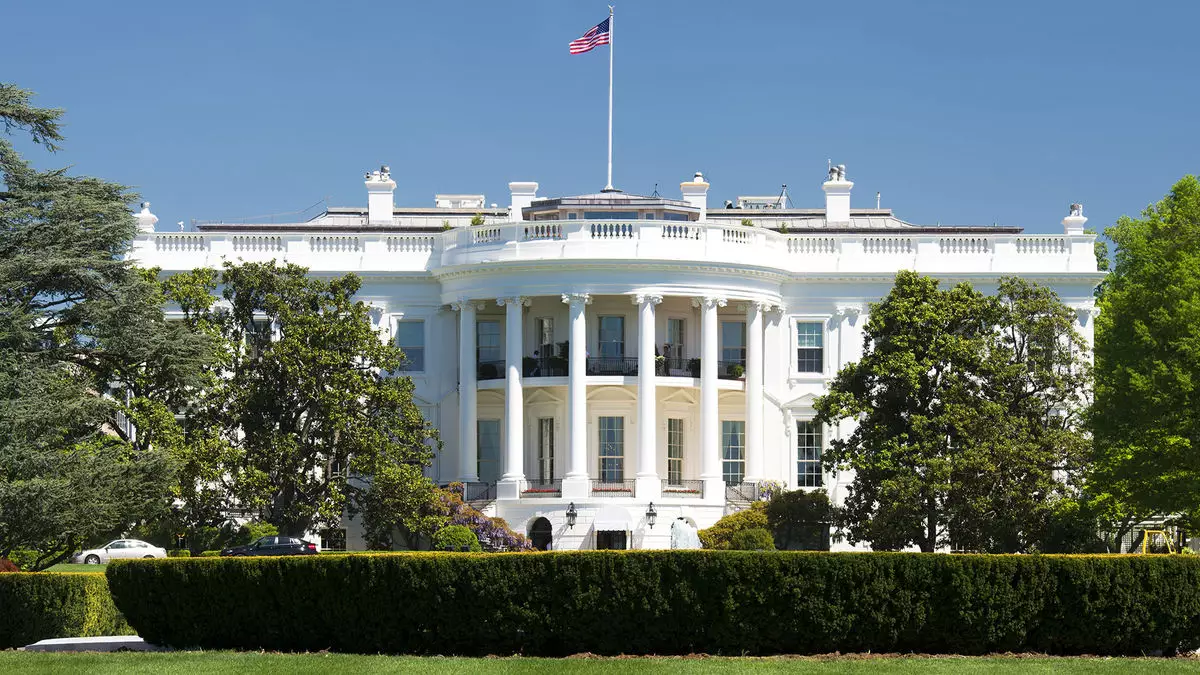The American Society of Travel Advisors (ASTA) has presented its detailed expectations to the impending Trump administration, emphasizing the need for urgent action in various facets of travel policy that could have a profound impact on the industry. The letter outlines key issues including potential travel bans, airline ticket refund policies, and regulatory concerns surrounding independent contractors, each of which represents significant challenges and opportunities for reform in the travel sector.
One of the most pressing concerns articulated by ASTA is the potential reinstatement of travel bans reminiscent of those from Trump’s first presidency. During his campaign, Trump alluded to extending a travel ban that originally targeted seven predominantly Muslim countries, potentially affecting refugees from conflict-embroiled regions like Gaza. This approach, while aimed at national security, carries the risk of advancing an exclusionary travel narrative that could alienate travelers and diminish the appeal of the United States as a global tourism destination. ASTA’s CEO, Zane Kerby, encapsulated this sentiment, arguing that travel restrictions, particularly those heavily influenced by political sentiments, sow uncertainty in an industry that thrives on predictability. Enhanced travel limitations could dissuade international visitors, subsequently undermining the economic contributions that tourism brings to the country.
ASTA’s concerns echo a broader industry panic observed during the initial rollout of travel bans back in 2017. The backlash demonstrated how political decisions can reverberate through an interconnected global economy, affecting not just the sectors immediately involved but also the ancillary businesses that rely on cross-border travel. In light of these concerns, ASTA urges the administration to steer clear of travel bans or convoluted restrictions that could further jeopardize the precarious recovery of the post-pandemic tourism landscape.
A pivotal issue also addressed in ASTA’s correspondence involves the recent modifications in airline ticket refund policies enforced by the Department of Transportation (DOT). As of October 28, a rule necessitates that the merchant of record—often the airlines—must refund customers when flights are canceled or significantly changed. However, travel agencies that purchase tickets in bulk for groups frequently act as the merchant of record as well, putting them in a precarious position. Many agencies may lack the necessary liquidity to promptly issue refunds, which could endanger their financial viability.
ASTA proposes an intermediary solution, suggesting that the DOT should establish a seven-day window for airlines to remit payment to travel agencies, and a subsequent seven days for agencies to reimburse customers. This recommendation emphasizes the need for a systematic approach to refunds that would protect both consumers and the agencies that serve them, especially in turbulent economic climates.
Moreover, ASTA’s request for streamlined disclosures regarding airline fees points to an ongoing issue in the industry where transparency is key. The necessity for upfront disclosures on non-electronic ticket bookings is vital to fostering consumer trust and enabling fair practices in an industry often scrutinized for hidden charges.
The classification of independent contractors plays a significant role in the operations of travel agencies, which heavily rely on this workforce. Recent changes by the Department of Labor complicate this scenario, creating inconsistencies that would adversely affect travel agencies by burdening them with ambiguous standards. ASTA emphatically advocates for a reversion to the simpler classification system established during Trump’s first term, which focused primarily on a worker’s control over their work and their opportunity for profit or loss.
The call for straightforward regulation is not merely bureaucratic; it aims to stabilize the workforce essential to the functioning of the travel sector. By reinforcing clarity in labor laws, ASTA believes the administration can provide a safety net for thousands of independent contractors, fostering a more resilient ecosystem for travel agencies across the United States.
Moreover, ASTA has raised concerns regarding hotel junk fees, which have emerged as a point of contention within the travel sector. The current Federal Trade Commission (FTC) rule permits consumer complaints against travel agencies that relay inaccurate information from hotels. ASTA argues that intermediaries should be afforded protections against enforcement actions in such scenarios, reinforcing the message that travel agencies should not bear the brunt of fees imposed by hotels.
To bolster the travel infrastructure, ASTA is advocating for the establishment of the Passenger Experience Advisory Committee within the DOT—an initiative originally proposed to ensure that travel advisors are represented in policy dialogues. Given that travel advisors account for 40% of air ticket sales, their absence in discussions related to air travel regulation is a significant oversight that the incoming administration must correct.
The ASTA’s letter underscores a pivotal moment for the travel industry. As the new administration prepares to tackle the multifaceted issues affecting tourism, proactive engagement with ASTA’s recommendations will be crucial to revitalize and strengthen the industry. Collaborative efforts and clear guidelines could pave the way towards a more vibrant and resilient travel economy, ensuring that the United States remains an attractive destination on the international stage.


Leave a Reply